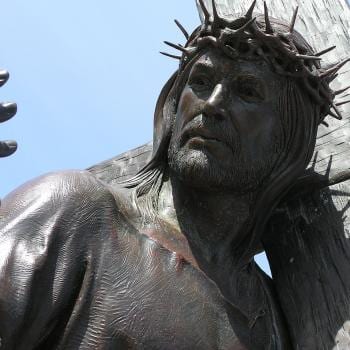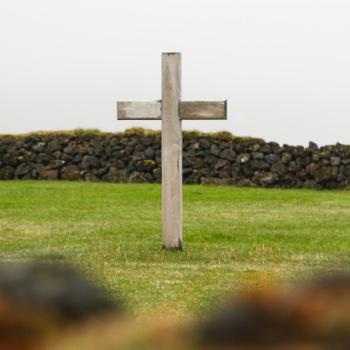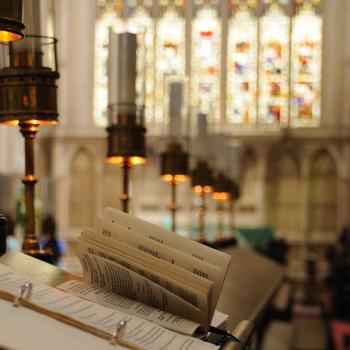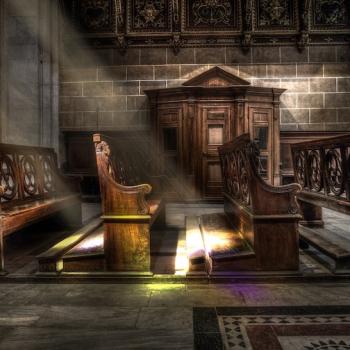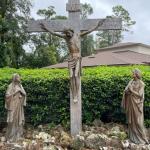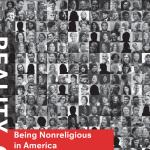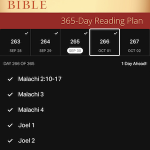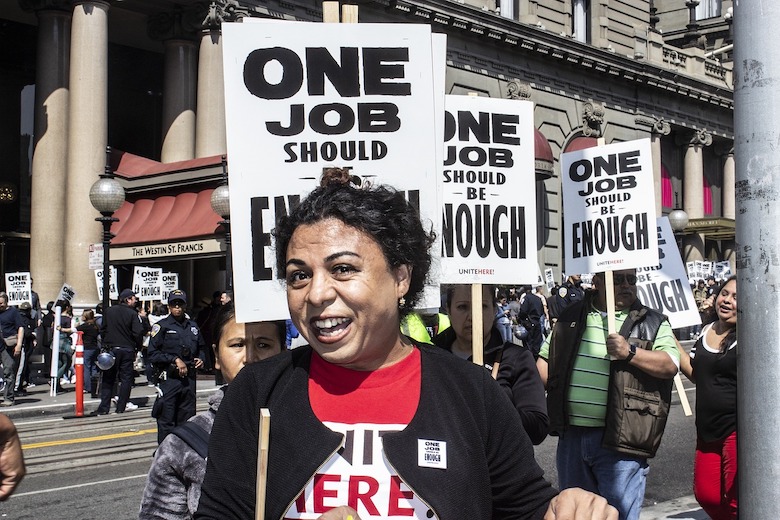
If I were to ask you what your favorite Christian holiday is, you might say Christmas or Easter. Maybe you grew up observing the Church Calendar and prefer Ascension Day or Epiphany. No matter what your preference, most people wouldn’t think of Labor Day as a Christian holiday.
It’s not a Christian holiday like the others – it didn’t come from the Church. However, the theme and spirit of the holiday is in line with Christianity. When we look back at American Christianity in the 19th and early 20th centuries, we see a large portion of the religious supporting worker’s rights. The Social Gospel was working through the congregations of the Northeast. Walter Rauschenbusch was a New York preacher known for his work with the Social Gospel.
While the Social Gospel fell out of favor for many reasons, there has always been a uniting thread in America. Martin Luther King picked up the Social Gospel and used the teachings of Jesus to propel the Civil Rights Movement. In fact, much of the Social Gospel was always a part of the Black Church in America. We see the parts of the Social Gospel in action today when churches work towards ending poverty, violence, and injustice on our soil.
But what happened to the Church’s backing of the Labor Movement?
Labor and Unions
The history of Labor Day stars at the dawn of the Industrial Revolution. When work moved from the farm and trades to factories, there was an imbalance in power between the new owners and workers. Before, there was a person or family who was in charge of their own production. With the increase in factories, the boss was now in charge of the production, forcing the workers to work at their pace.
This led to extreme and dangerous working conditions with no protection for the worker. Unsafe machinery would maim or kill workers – men, women, and children. In order to protest these conditions and try to make changes, workers would unite and strike, or stop working until conditions were met. The first recorded strike was in 1768 with the New York tailors. They were protesting wage reductions.
More and more labor unions rose up to defend their workers. The National Labor Union was created in 1866 to set standards for the workday. The 5-day, 40-hour work week was a major victory brought by the unions. They also championed safer working conditions and eliminating child labor in the early 20th century. The success of unions throughout history shows that collective action can help the marginalized.
I’ve written a lot about Christianity and different social changes. THIS ARTICLE is a great primer on my opinions on how labor, capital, and Christianity cohabitate our society. Rather than review, let’s talk about what the Bible says about wealth and humanity. While it’s not a fair comparison – and I try to be balanced – I do think we can use the Bible to inform our lives today.
Economics According to Luke
Jesus talks a lot about wealth and poverty. In the Gospel of Luke, Jesus uses several parables to get across the need for the wealthy to do something with their abundance. The account starts with Mary’s announcement (the Magnificat) of the change in power coming with the birth of Jesus. The rich will be “sent away empty” while the low will be raised and the hungry will be filled (Luke 1:52-53). This is the good news according to Mary.
Luke 12 continues to talk about the hoarding of wealth. In this parable, the rich man has such a surplus that he needs bigger barns. This seems like the most logical thing to do, but it is foolish to God. “Fool! This very night the demand will be made for your soul; and this hoard of yours, whose will it be then?” (Luke 12:20).
“Sell your possessions and give to those in need. Get yourselves purses that do not wear out, treasure that will not fail you, in heaven where no thief can reach it and no moth destroy it. For wherever your treasure is, that is where your heart will be too.”
– Luke 12:33-34
What Now?
It seems that unions and Christianity have plenty in common. While unions are not perfect, they strive to create a more equitable life for the working class. Labor Day is a holiday to remember the struggle of the American worker. Jesus’ concern was with the marginalized and forgotten of his day. Today, the forgotten class of people in America are the working class. This Labor Day, let’s take time to remember the working class and fight alongside them for the betterment of the country.





